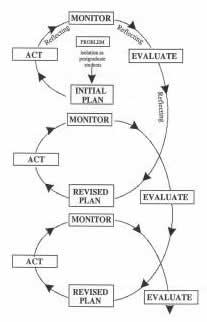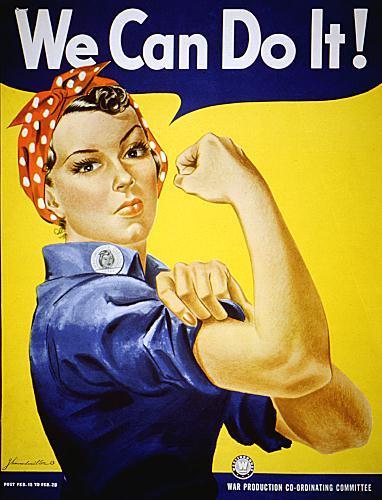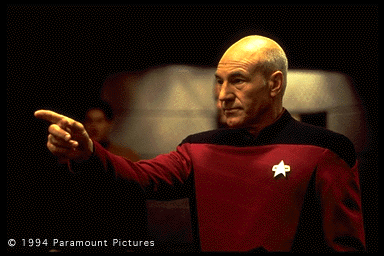It is difficult for innovators to stand idly by and watch others not get it. It is equally difficult to imagine educators acting complacent in a world changing at such an accelerated pace. So what can we offer educators as a way to get them to try something different, to take on an inquiring stance?
 What Action Research Has to Offer
What Action Research Has to OfferAction research provides a model that allows educators to experiment with different approaches to teaching and learning. If framed in the right way, action research offers a safe-to-fail methodology that essentially says “here’s what I tried and here’s why it did/didn’t work.”
When we frame our actions in terms of experimentation, we can be somewhat relieved of the burden of being perfect. Experimentation is an opportunity to try out ideas, activities, ways of seeing and doing in a controlled way that allows us to document and critically reflect on the results. Educators experiment all the time in the classroom; however, the action research model provides a set of disciplined guidelines that offers the potential to generate genuine and sustained improvements in schools.
 Knowledge of Practice
Knowledge of PracticeThe process of getting others to learn for themselves, to become innovators, is not an easy enterprise. And neither is action research. Meaningful research is hard work. And doing good research, like learning to teach well, takes time and effort. Investigating how weblogs might improve students’ reading scores is an example of an inquiry or action research project that could allow an educator or group of educators wanting to experiment with weblogs a great opportunity to test them out. Can using a wiki to support students’ collaborative learning projects lead to meaningful participation? Can podcasting improve students’ literacy skills? Sound like fantastic research opportunities, no?
By framing such endeavors as research, educators are afforded an opportunity to learn more about their own practice. And this is where meaningful shift can occur. Getting people to change requires a number of variables, all of which involve the ability to understand who we are and what we want. Action research is one way that educators can begin to look at their practice that invites seeing things differently. And perhaps that’s just the invitation some educators need. By taking such a stance, the notion of teacher practice becomes both practical and critical wherein knowledge creation can be seen as emergent rather than prescribed. As such practitioners come to know their practice, they are no longer burdened by the role of “expert” and instead can act as fellow learners along with their students. Also, sharing their results with fellow practitioners is an important element of research. It not only adds to the collective teaching and learning knowledge base but it can serve other educators as a model or jumping off point.
 Making It So
Making It SoSo, I have briefly presented a way of leading educators to water, but I have not shown how to make them drink. The reality is, no one can force any one to drink when they don’t want to (unless you might be waterboarding them…). Richardson talks about the importance of modeling such behaviors, and I believe he is correct. I think it’s also important for the collective known as edubloggers to continue to share their thoughts, ideas, and experiences as a way to both model innovative thinking as well as contribute to a formal/informal educational knowledge base. It also helps if you work in a school that encourages innovation and experimentation. If you don’t, chances are no amount of teacher in-services and one-off workshops will lead to much of anything.
So take heart Will. I’ll keep evangelizing, if you promise to do so as well. Remember: IT takes a Village!
Source: Christopher D. Sessums
License: Creative Commons - Share Alike
